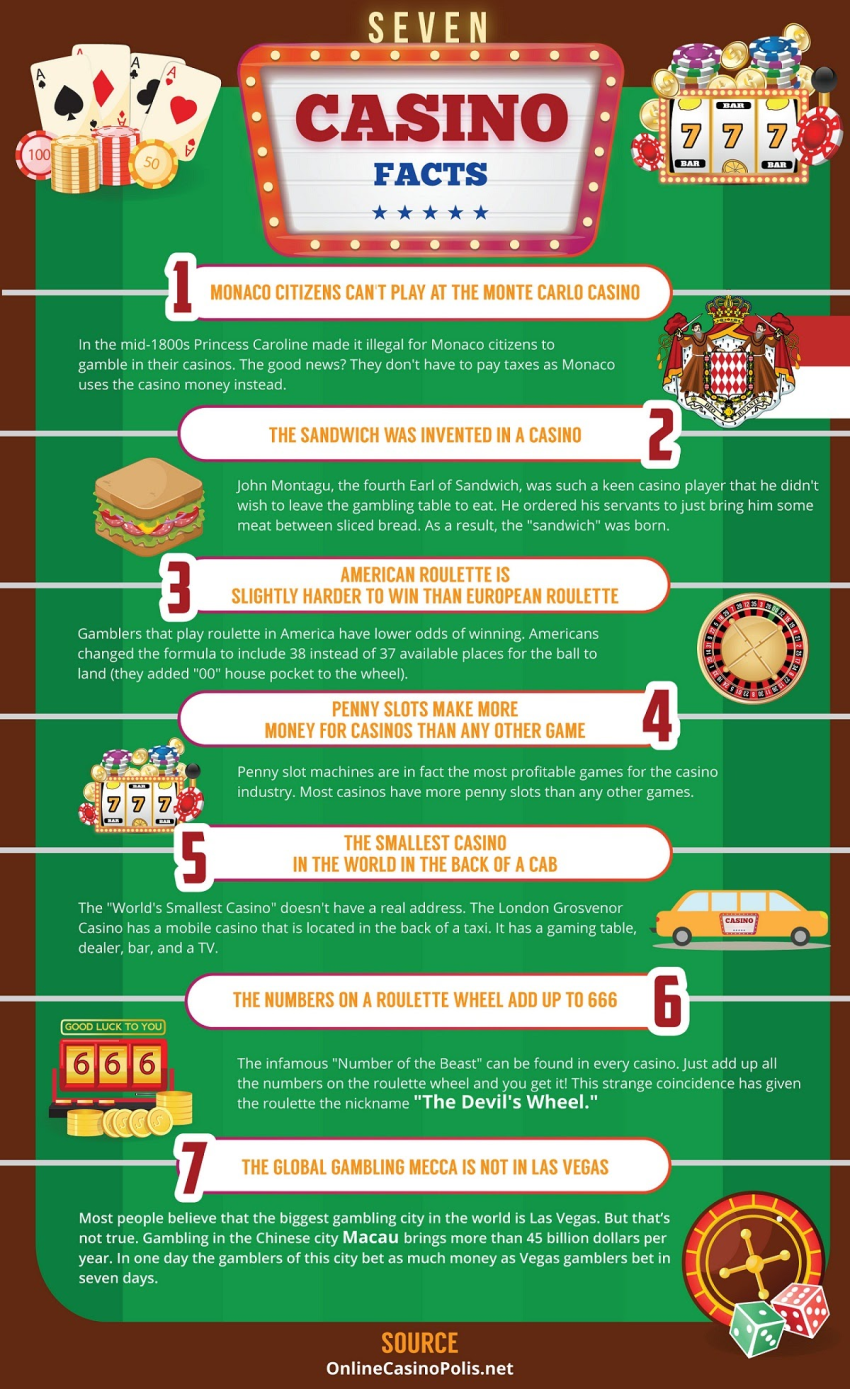Gambling facts reveal a captivating history entwined with human culture, stretching back millennia and evolving into today’s billion-dollar industry. Until now, many remain unaware of intriguing tidbits, like the psychology of gambling, and how our brains react to wins and losses. Understanding the fascinating gambling history helps contextualize the strategies players employ, such as managing the house edge in casinos. Moreover, as online gambling revenue skyrockets, so do the misconceptions surrounding it. Join us as we delve into eight little-known gambling facts that could change how you perceive betting.
The realm of wagering and betting is rich with stories and statistics that highlight its historical significance and psychological influences. From the inception of chance-based games to the explosion of internet betting platforms, the evolution of these activities reflects societal changes. The allure of winning combined with the risks involved illustrates the complex interplay of luck and strategy. As players navigate this landscape, understanding the metrics behind their choices—like the house edge—can significantly inform their experiences. Let’s embark on an exploration of captivating elements surrounding the world of gambling, showcasing the essential knowledge every player should possess.
Gambling Facts: Unveiling the Myths and Realities
When delving into the world of gambling, there are several fascinating gambling facts that often go unnoticed. For instance, the gambler’s fallacy is a widespread myth that suggests that previous events can influence the outcomes of independent events, like coin flips or dice rolls. This psychological misconception can lead gamblers to make detrimental choices during gameplay. Awareness of such myths is crucial as it not only enhances one’s understanding of gambling but also provides insight into the psychology of decision-making involved in betting.
Moreover, understanding the historical context of gambling can also help demystify some of its practices. For example, the origins of gambling date back thousands of years, further emphasizing its significance in various cultures. This rich history illustrates how gambling activities have evolved, from rudimentary dice games in ancient civilizations to the complex online platforms we see today, making these gambling facts essential for both new and seasoned players alike.
The Evolution of Online Gambling and Its Economic Impact
The online gambling industry has witnessed exponential growth over the last two decades, with projections estimating revenues to exceed $100 billion by 2026. This surge can be attributed to advancements in technology, particularly the rise of mobile devices, which allow players to engage in gambling activities at their convenience. The accessibility offered by online platforms has significantly broadened the demographics of gamblers, enabling a diverse range of participants from various backgrounds to join the ranks of online betting enthusiasts.
Additionally, the proliferation of online casinos has necessitated changes in gambling regulation, highlighting the importance of understanding legal frameworks which can vary widely from region to region. This multifaceted evolution not only reshapes the gambling landscape but also impacts local economies, as these digital platforms generate substantial tax revenues. Recognizing the economic implications of online gambling is vital for anyone interested in the industry, providing insight into its contribution to both state revenues and job creation.
Frequently Asked Questions
What are some interesting gambling facts that highlight the history of gambling?
Gambling has a rich history that dates back over 5,000 years, with the oldest known dice discovered in the Indus Valley Civilization. These ancient artifacts demonstrate that games of chance have been a part of human culture for millennia. Additionally, the evolution of gambling has shifted from physical dice games to the booming online gambling industry, projected to exceed $100 billion in revenue by 2026, showcasing the significant transformation in gambling practices over time.
How does the psychology of gambling influence player behavior and decision-making?
The psychology of gambling plays a crucial role in how players perceive outcomes and make decisions. For instance, the gambler’s fallacy leads many to mistakenly believe that past events affect future results, which can result in irrational betting strategies. Furthermore, the activation of the brain’s reward system during gambling releases dopamine, creating feelings of excitement and, in some cases, addiction. Understanding these psychological factors can help gamblers make more informed decisions and recognize compulsive behaviors.
| Point Number | Key Facts |
|---|---|
| 1 | Origins of dice trace back over 5,000 years to the Indus Valley Civilization. |
| 2 | The Gambler’s Fallacy is the belief that past outcomes affect future ones. |
| 3 | The house edge in American roulette is about 5.26%. |
| 4 | Online gambling is projected to reach over $100 billion by 2026. |
| 5 | Gambling activates the brain’s reward system, releasing dopamine. |
| 6 | Gamblers often exhibit predictable betting patterns, such as chasing losses. |
| 7 | Many gamblers use lucky charms as confidence boosters. |
| 8 | Gambling regulations vary widely across different countries and regions. |
Summary
Gambling Facts are not just trivia; they encompass the rich tapestry of history and psychology behind this captivating activity. Understanding these eight little-known gambling facts not only showcases the evolution of gambling from ancient times to the digital age but also highlights the impactful psychological elements involved in betting. These insights empower players to make informed decisions, whether plying their trade in casinos or navigating the online gambling landscape. In a world where gaming merges with regulation and psychology, being aware of these crucial aspects enhances the overall gambling experience, ensuring both enjoyment and responsibility.
